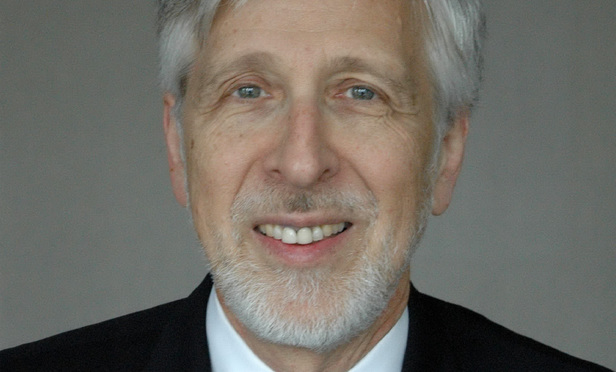Patent practice, like many other forms of legal practice, is becoming more and more specialized. It is not uncommon that patent prosecution counsel develops experience and expertise in obtaining patent protection in one area of technology (e.g., biotechnology, pharmaceuticals, etc.). The same counsel often has multiple clients operating in the same space and even creating inventions expected to compete with one another when they reach the marketplace. While the increasingly focused expertise of patent attorneys benefits clients, it also raises significant ethical issues.
On Dec. 23, 2015, the Supreme Court of Massachusetts affirmed dismissal of a malpractice claim brought by an aggrieved client alleging conflicts of interest by the defendant firm during patent prosecution (the process of obtaining patents from the Patent Office). Maling v. Finnegan, Henderson, Farabow, Garrett & Dunner, 473 Mass. 336, 42 N.E.3d 199 (2015). Although the malpractice claims were dismissed, the case nevertheless highlights possible ethical problems that patent counsel face when representing multiple clients in the same technology area. A review of the Maling case yields several takeaways in terms of the issues faced by patent counsel when called upon to represent conflicting patent applications.



